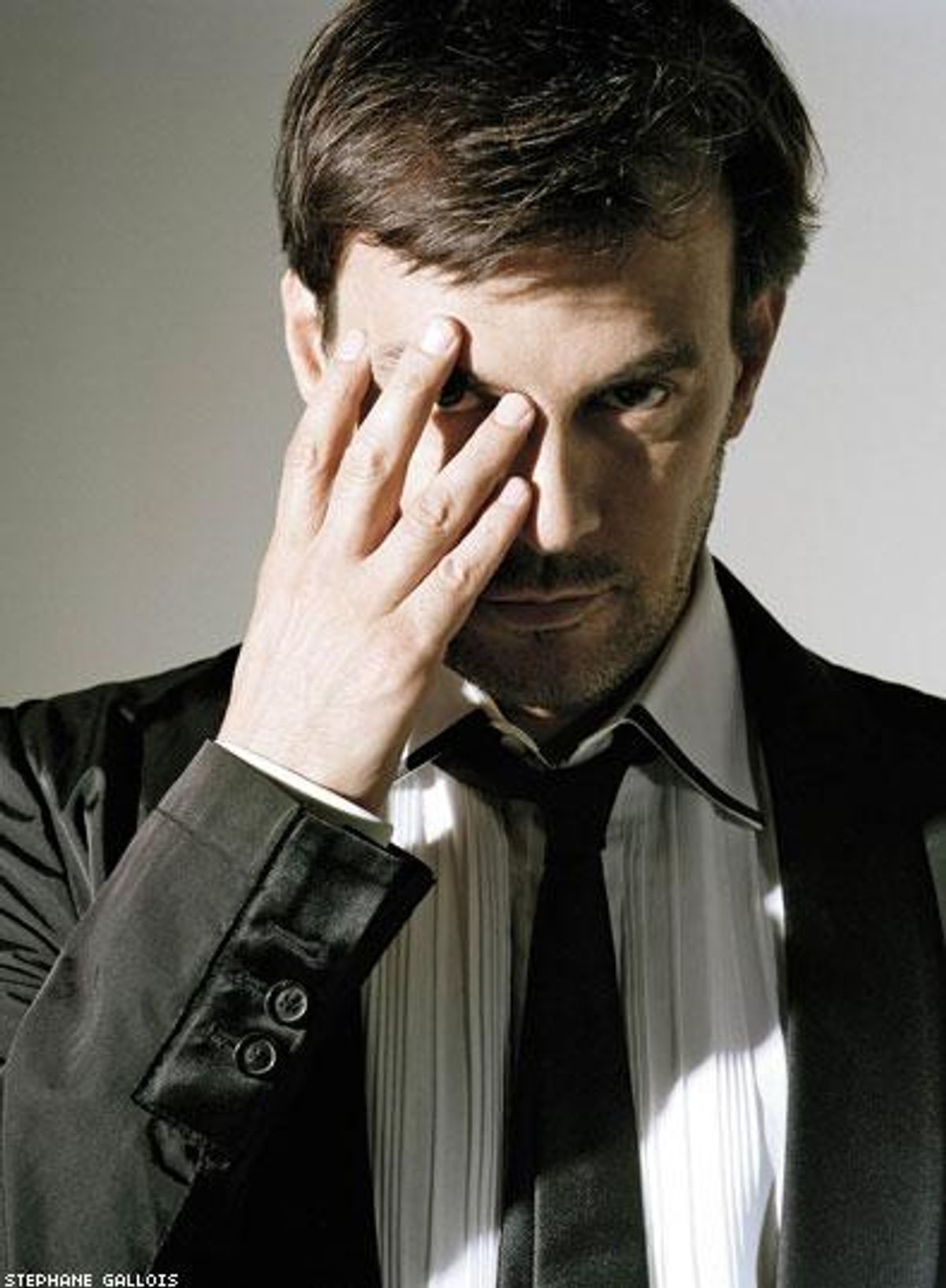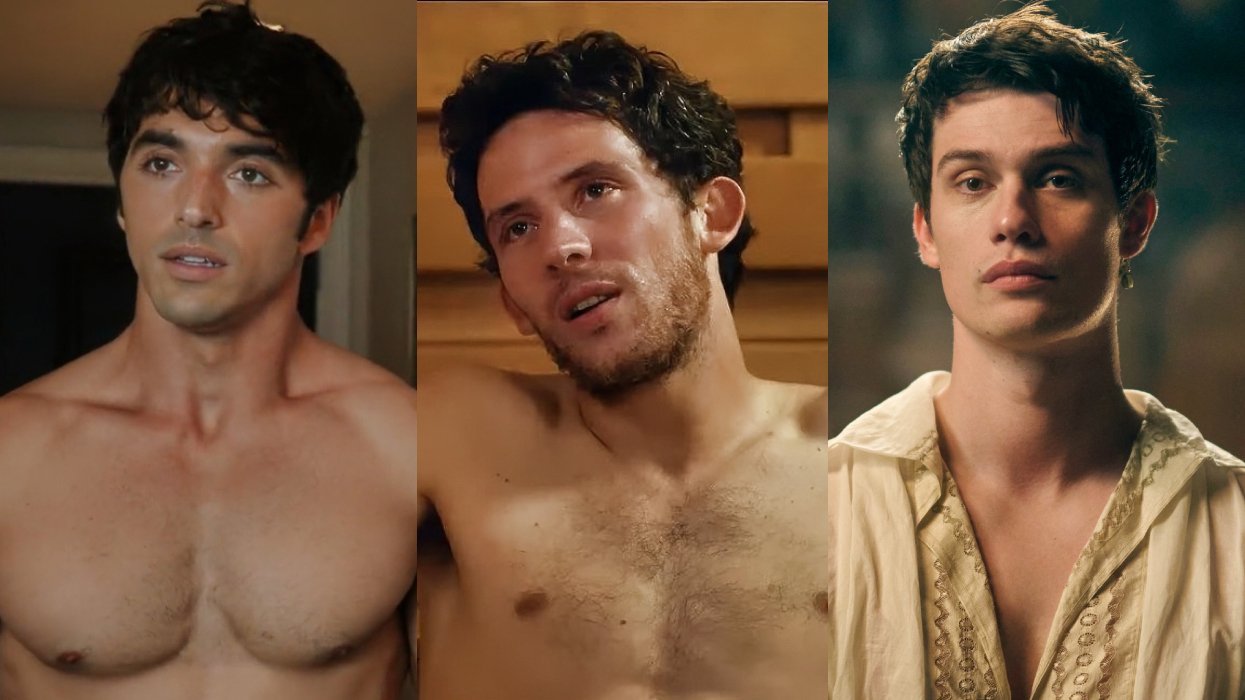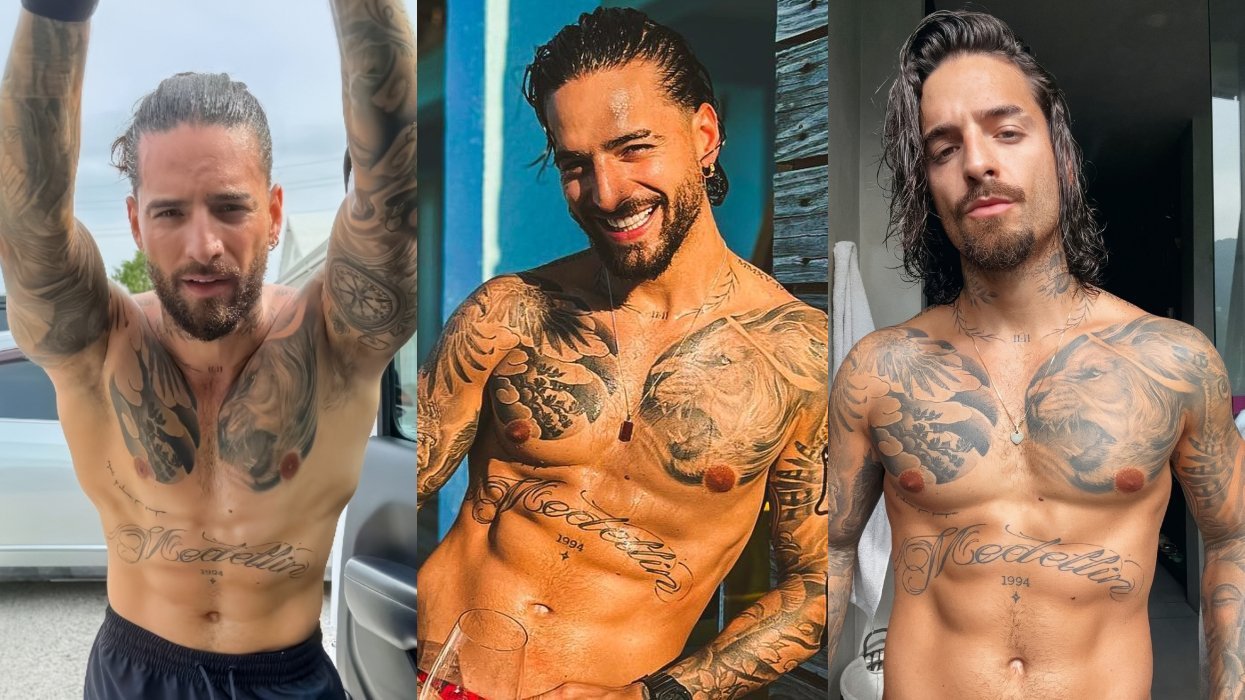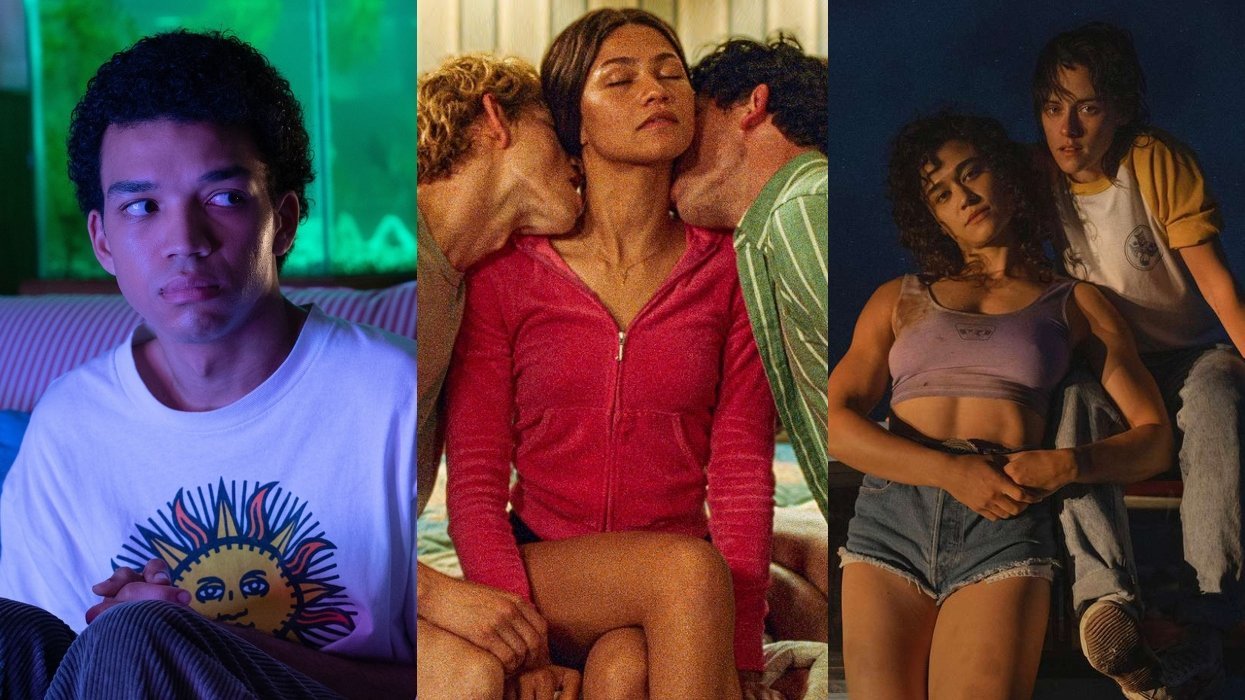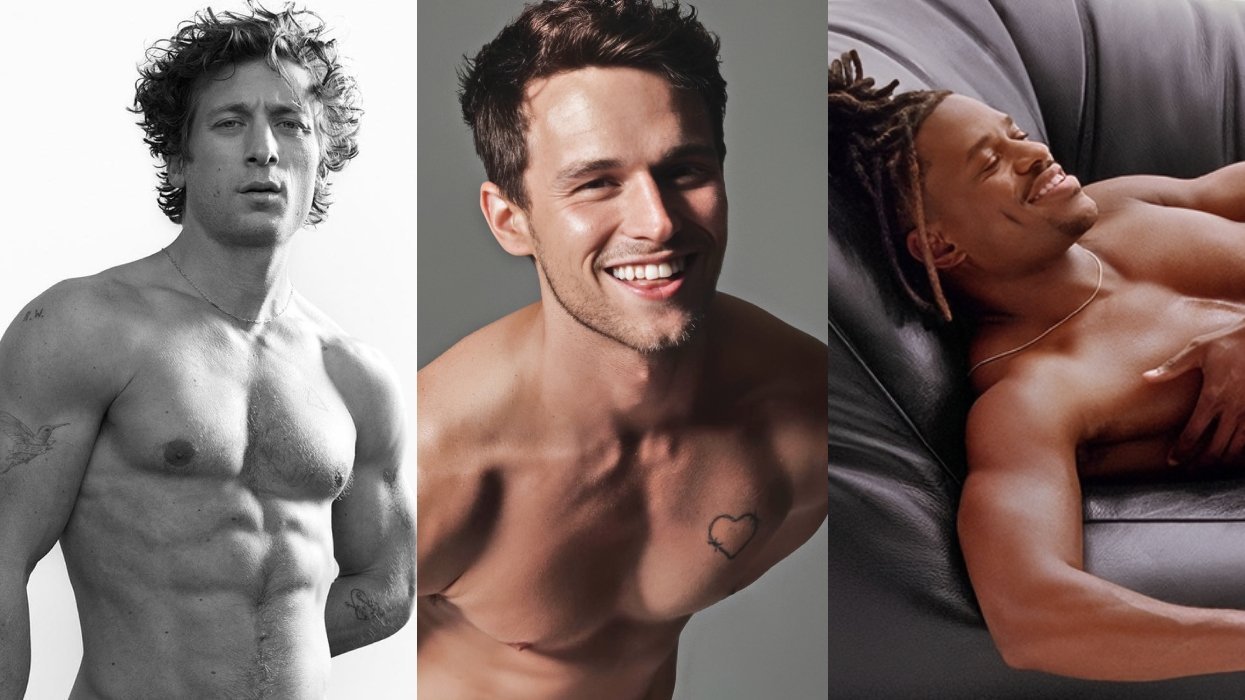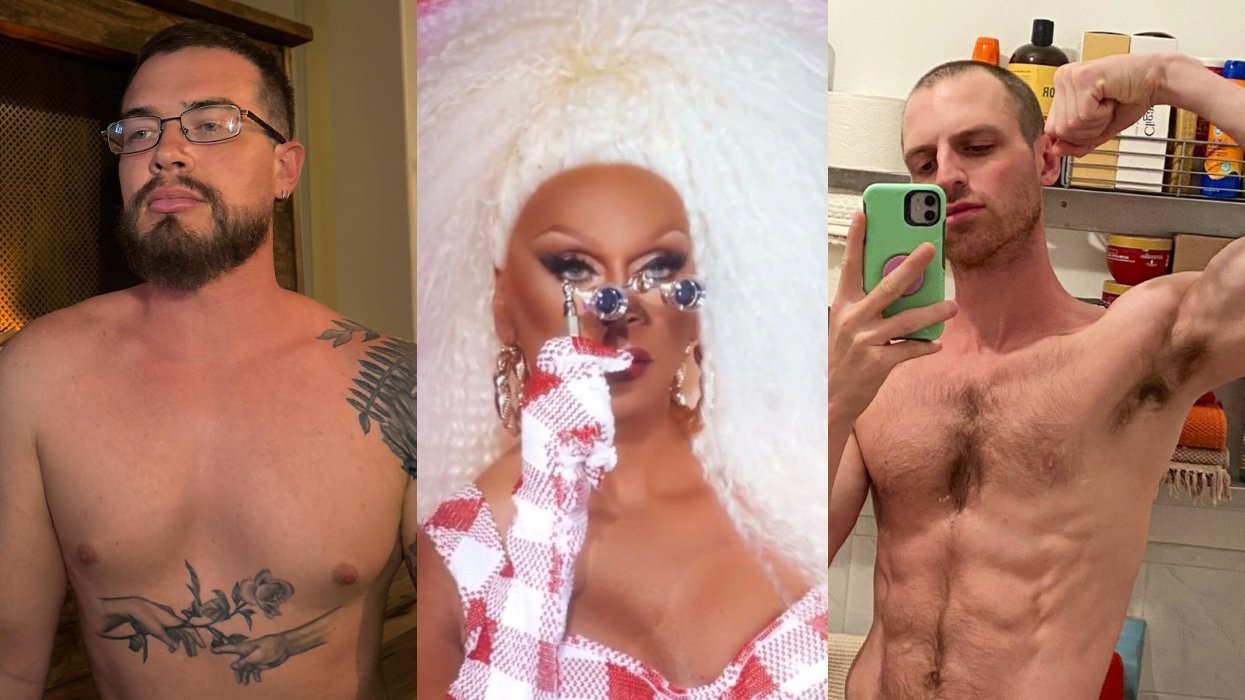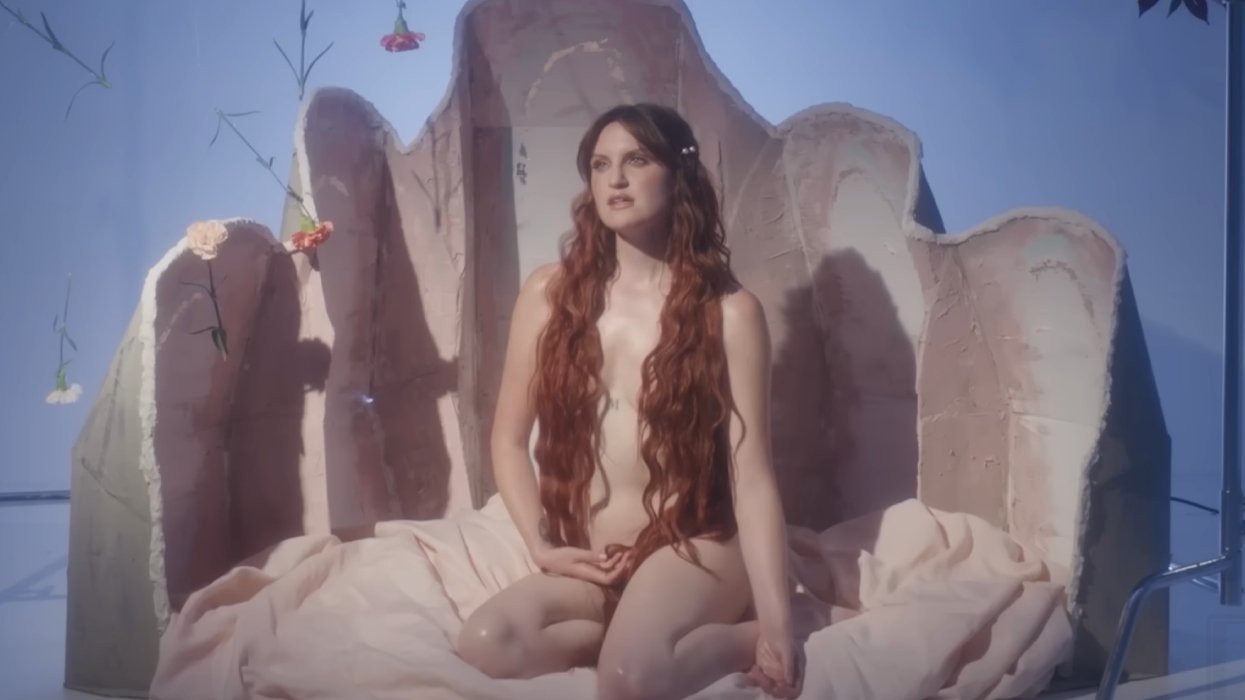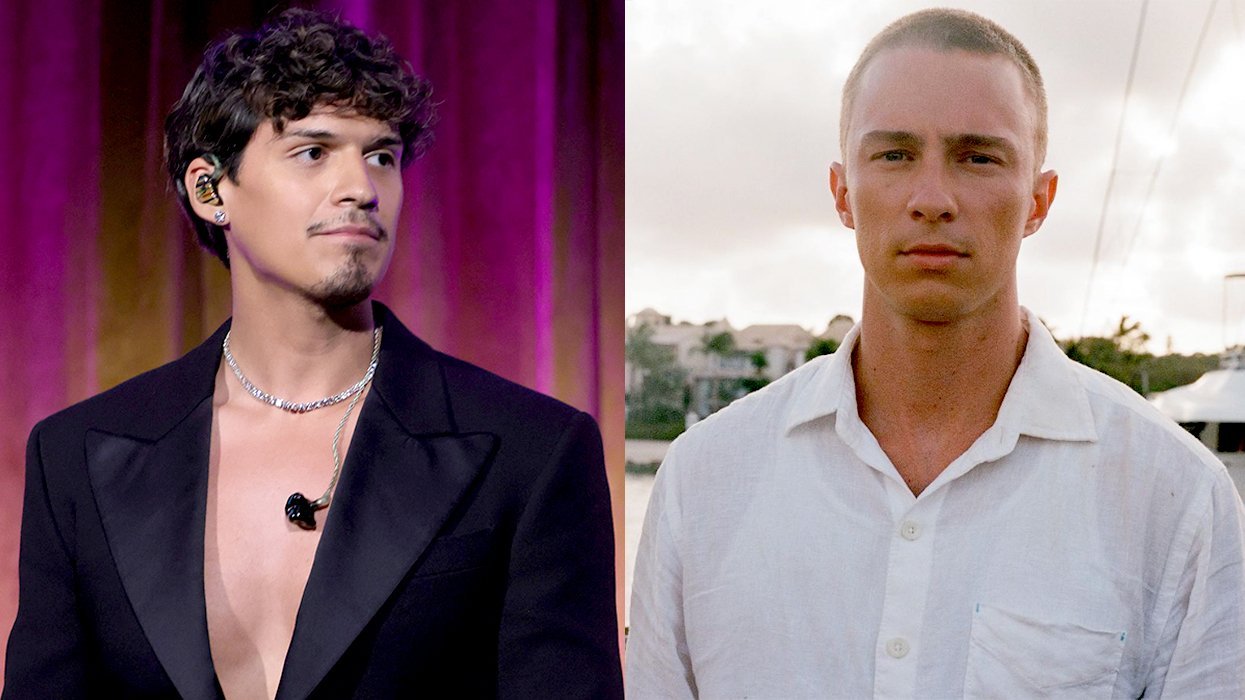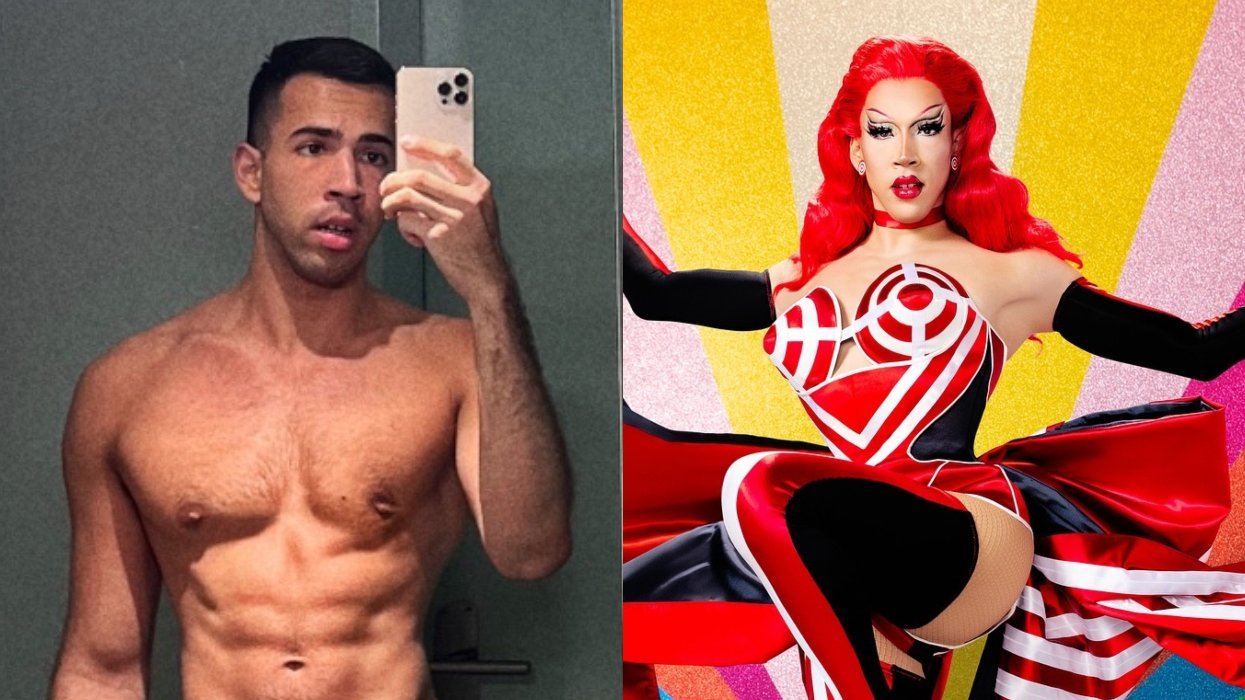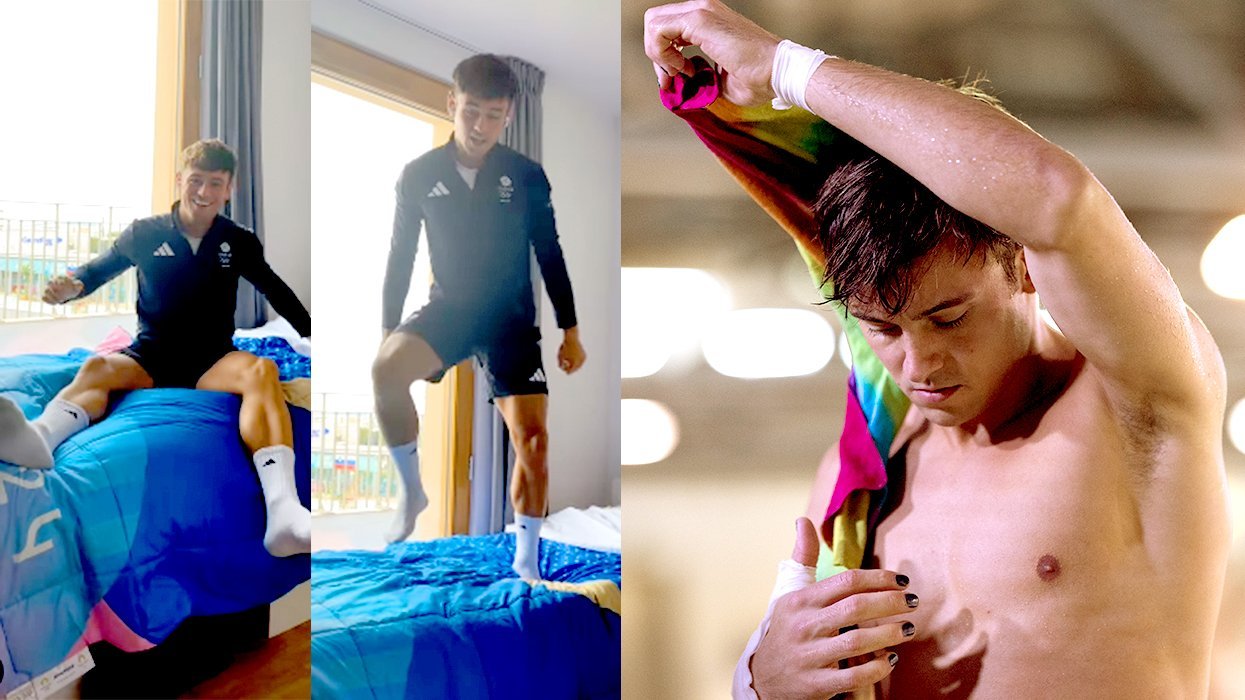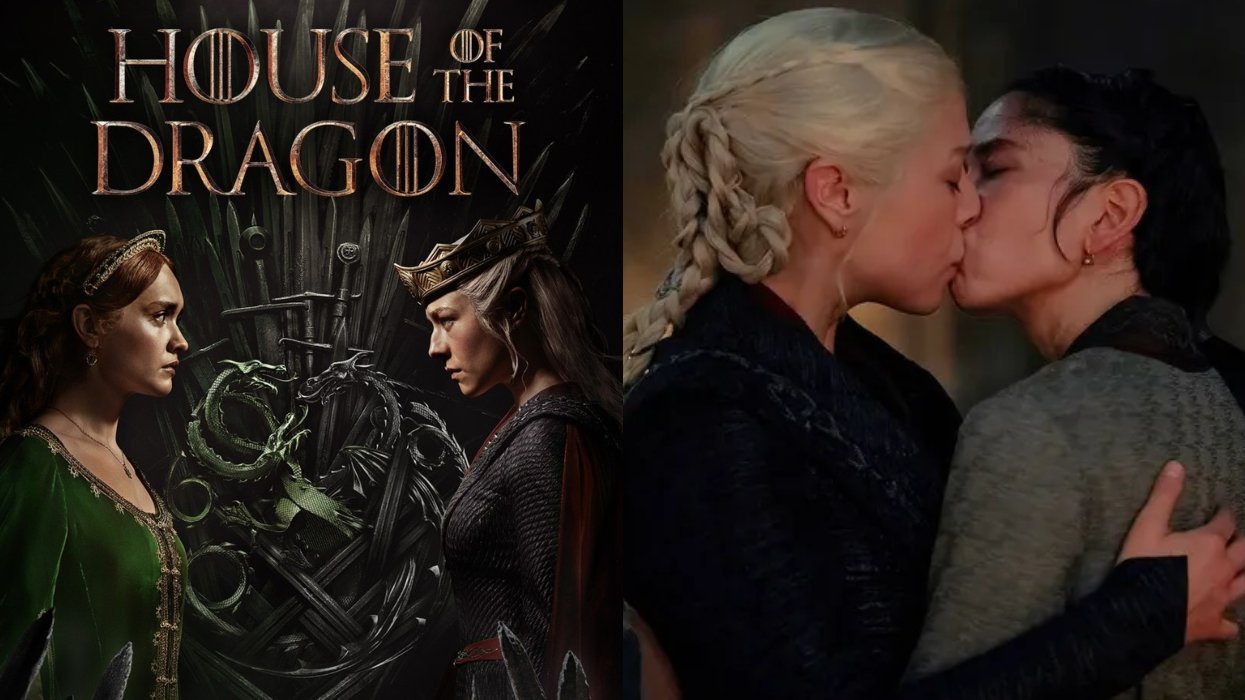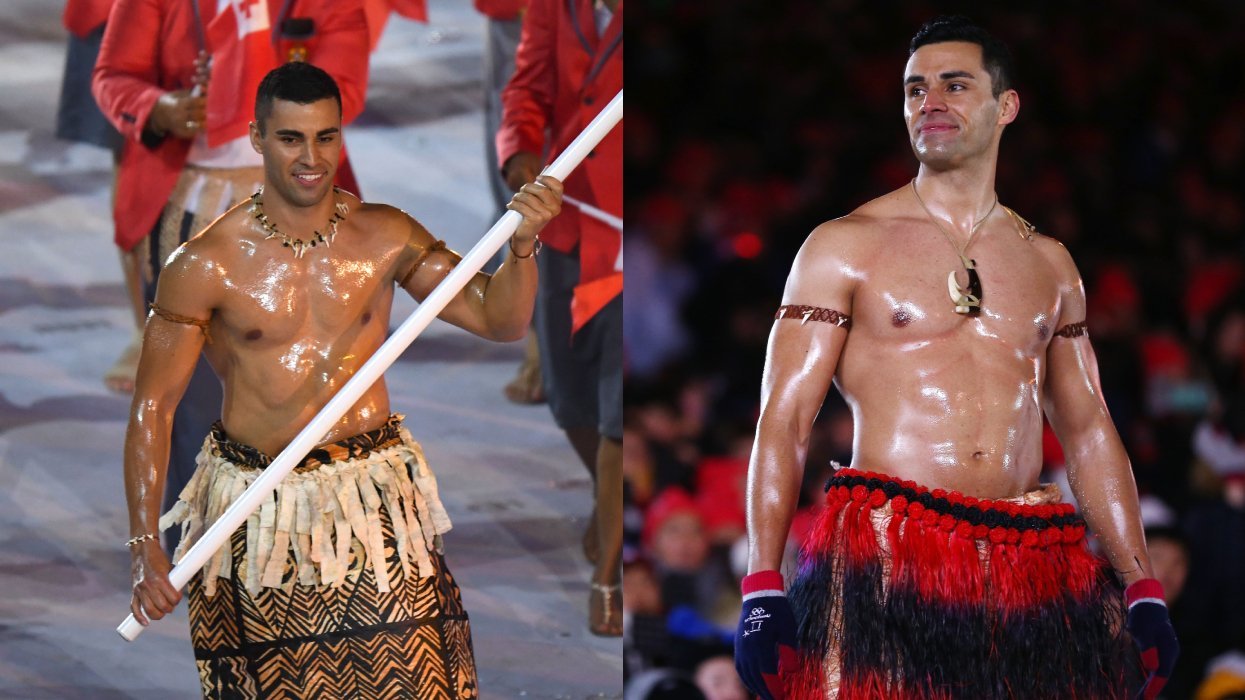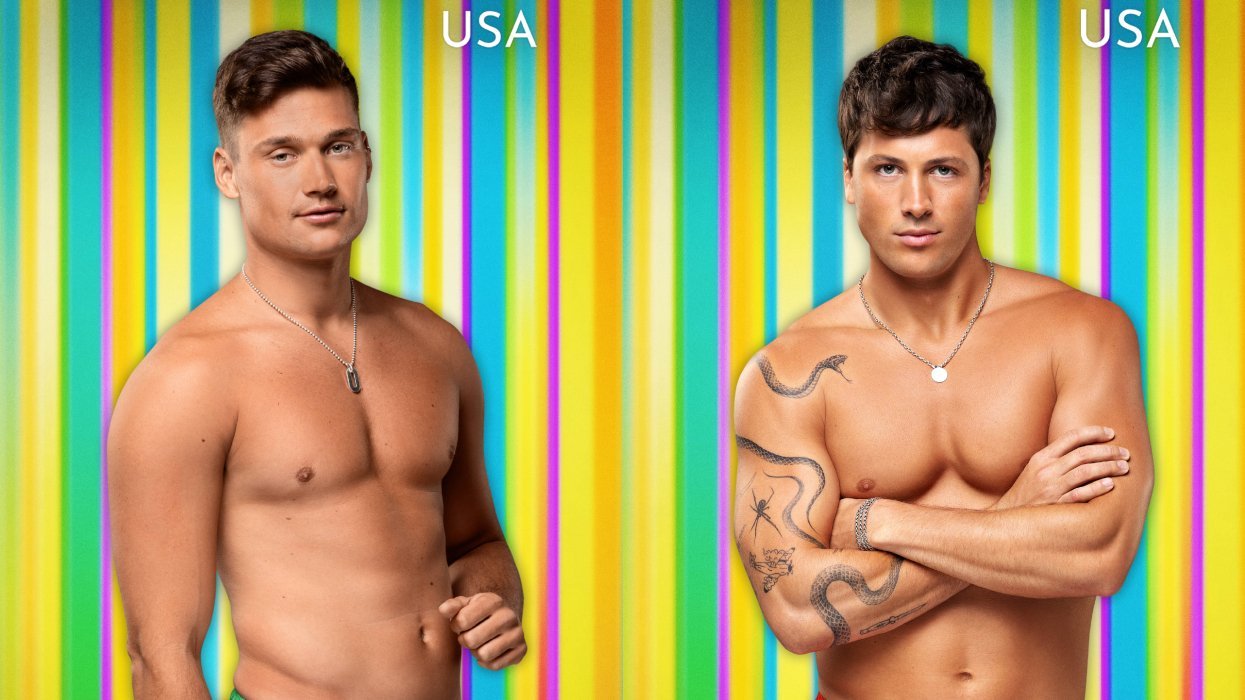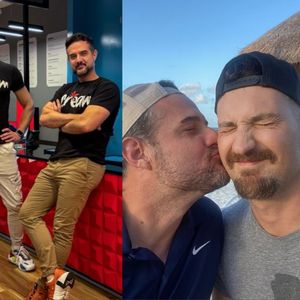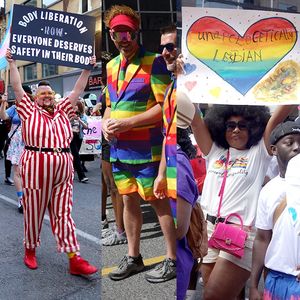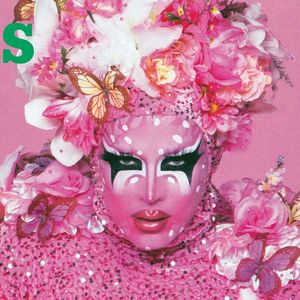CONTACTStaffCAREER OPPORTUNITIESADVERTISE WITH USPRIVACY POLICYPRIVACY PREFERENCESTERMS OF USELEGAL NOTICE
© 2024 Pride Publishing Inc.
All Rights reserved
All Rights reserved
Scroll To Top
By continuing to use our site, you agree to our Private Policy and Terms of Use.
I think I would have been a very good director for the 40s and 50s in Hollywood, says the French director Franois Ozon. Do a drama, a musical, a Western. Except his rsum goes more like this: bisexual transvestite short film, elegant death drama, musical murder mystery. His latest is a meditative drama about a pregnant woman detoxing from heroin in the French countryside. I dont want to repeat myself, he says. This is understatement. Fifteen years ago, Ozon was the transgressives transgressive, the enfant most terrible. His first full-length film, 1998s Sitcom, wove incest and bestiality into a pitch-black comedy about a disintegrating family. A follow-up, Criminal Lovers, involved a thrill-killing teen couple who flee into the forest, where theyre imprisoned by a woodsman who indoctrinates the boy to gay sex (and, perhaps, love). But instead of crafting slight twists on the same transgressive shock wave -- a kind of Gallic John Waters -- Ozon proved he was capable of devastating emotional realism. In 2000s Under the Sand, he cast Charlotte Rampling as a professor whose husband disappears during a beach holiday; she proceeds through life as if hes still alive. Having flirted with flashy transgression and quiet dignity, Ozon deviated from each, contenting himself to be restless, jumping from genre to genre. His two biggest hits followed. Swimming Pool was a psychological thriller about an uptight mystery writer (Rampling again) who becomes entangled with her publishers promiscuous, violent daughter. 8 Women gathered French cinema icons like Catherine Deneuve and Isabelle Huppert in a candy-colored murder-mystery musical. Reviewers of the former referenced Hitchcock; of the latter, one said Ozon had out-Almodvared Almodvar. Today, Ozon seems abashed about Criminal Lovers. When I was younger, I think I wasmore aggressive. Hes 12 floors above midtown Manhattan in a boutique hotel, in town for the U.S. premiere of his latest film, Hideaway (Le Refuge), at Lincoln Center. His rs soften into ws; he wears a striped ascot (tucked into a button-down shirt), and it works for him. Because it was one of my first films, I had many things to say, and sometimes it was a little bit messy. You know -- it was maybe too provocative. Hideaway is almost deafeningly quiet. It concerns a junkie whose boyfriend dies, leaving her pregnant. His bourgeois family asks her to abort; she refuses. She flees to the family summer home, where shes joined by her late boyfriends gay brother. The film is conversational, contemplative. Doing film after film, you realize you can say very transgressive things in a better way, says Ozon. With its depiction of an improvised family, Hideaway achieves that. It is also kind of boring. Ozon seems used to this complaint. Andnow, he sighs, there are some people who think Im not provocative enough. Ozon got his first major attention with the 1996 short film A Summer Dress. In it, a young man, on vacation with his boyfriend, has sex with a girl in the forest, loses his clothes, and has to bike home in her dress. At this time in France, the gay community was paralyzed by AIDS, says Ozon. And suddenly there was this small thing that said you can still have sex, you just need to use a condom. People were so happy to see that it was still possible to have a nice sexuality and to have fun. The gay community was very fond of the film, and people used it like a gay flag. His next projects, Criminal Lovers and Water Drops on Burning Rocks (an adaptation of a Fassbinder play about a young man who leaves his girlfriend for a manipulative older man and spends a lot of time walking around in skimpy underwear), made him an exciting new gay voice not just in film, but in art in general. But Ozon has been discontent to tote any banners, gay or otherwise. My films are more about identity, he says. I like to speak about people who havent yet decided who they are. Hideaway, like many of Ozons films, hinges on loneliness. Although he decries the idea that its an essential gay quality -- Thats a clich -- it is essential to Ozon, who grew up with four siblings at my back. I like loneliness, he says. I need loneliness. I like the idea of having someone to love or to like and to have friends, but I need to be lonely at some moments. Its something sad, but at the same time, it gives you strength to accept yourself, to become yourself. In Ozons films, marriages fizzle excruciatingly. Long-term loves commit suicide and/or disappear into the ocean. Dissatisfied people contract terminal diseases and die dissatisfied. In 2006s Time to Leave, a photographer learns he has cancer, dumps his beautiful boyfriend, and sets out on a last road trip. The work seems to be the product of a mind with a deep pessimism about relationships. I think its a realistic view, Ozon disagrees. When you go to cinema, of course you want to dream. The truth is less dreamy. It is difficult to build a love story. But when you know the truth, you are able to accept the difficulty of life. I prefer to imagine the worst. So when something good happens, Im happy. Today Ozon wont discuss his own relationship status (Its private; its secret) but says he has been in love more than once, experiences that were less traumatic than his cinematic output would suggest. For me, its always a good experience, even if its traumatic, he says. Its better to have experience than not. Love is a kind of illusion, but its good to believe in illusion. If you dont believe in illusion, you dont go to cinema, you dont do anything. So you have to have illusions. Ozon grew up in a bourgeois family, with four siblings; in the past he has hinted at deep-seated issues that now seem resolved. Its OK now. Long story, he says. When I did Sitcom, I was very aggressive and had some issues against families. With time, I understood that you need family. Its not always a pleasure, but the family is the way to build yourself. Its the kind of attachment you cant really cut. Its civilization, so you have to deal with it. I like, in my movies, to show some new families. Theres the family you have to deal with and the family you choose. And maybe this kind of utopian idealism exists in my films. When starting out, he had no qualms about addressing gay themes. (This was, remember, the era of Todd Hayness Poison inciting the wrath of Jesse Helms.) Its only in America that I get these questions, he says. No, for us, cinema is the most important thing. In America, whats important is first your sexuality, and then [the fact that] youre a director. In France, first you are a director, and then maybe after that you have a sexuality. This idea of minority is very important in America. Here, everyone is fighting for the rights of the gay, the black, the Jew. In France, you are never classified by your race, your sexuality, your color. You are equal to everybody. Im sure there are many gay directors, but the audience doesnt know. So why are there no out leading actors in France?I know so many, says Ozon. But theres not this phenomenon of outing. People dont really care. People are happy when people have sex. We know our president has sex with many women, and we are happy for him. If he does that, it means hes in good health and hes full of desire. Its better than to have no sexuality or to be aggressive or to make a war against Iraq because he doesnt have a woman to fuck. On the subject of sex, Ozon perks up. (On other topics, he ranges from guarded to impatient.) Onscreen, his depiction of it has varied as much as his material. While Time to Leave featured a sex scene with prosthetic erections, an intimate moment in Hideaway happens in inscrutable darkness. But Ozon says he hasnt mellowed that much. I actually had some strange positions in mind, he says. I knew it would be very surprising to see a pregnant woman having sex. Its very erotic to me, the idea of a pregnant woman. For me, as a peeping tom, it was more interesting to see her having sex with her big belly, in a strange position. I thought it could be an amazing frame. Ultimately, the actress refused to do the scene. It wasnt the story, shrugs Ozon. There are good accidents for films sometimes. I know directors who hate sex scenes, or they pretend to hate them, he adds. For me, its always a pleasure, like a game. I direct them as if I were in a porn movie. What interests me about sex scenes is that you cant hide, you cant cheat. I have the feeling that the body cant lie. Curiously, as Ozons career has progressed, hes retreated from exploring gay relationships; in his work, gay people are often beside the point. His 2004 film, 5x2, illustrated the disintegration of a heterosexual marriage; the principal characters gay brother was a sideline. In Hideaway, the gay character Paul is central, but ultimately a pretty cipher, while Isabelle Carrs Mousse is undeniably the focus. Why not make a gay version of 5x2? Maybe I will do that one time, but I wanted something very simple and very universal, says Ozon. A straight couple is more universal than a gay couple. When I did Water Drops on Burning Rocks, I didnt care that they were gay. For me, its not important if theyre gay or straightno, its a couple. Although Ozons latest projects have moved toward the mainstream -- Angel, his first English-language film, was a period piece based on a book by British novelist Elizabeth Taylor, and Ricky was a fantasy about an infant who grew wings -- the director says he doesnt want to work in Hollywood, or even in America generally. What for? he says. I had many propositions after Swimming Pool. I think if I came here, Id lose my freedom. I wouldnt have final cut. In France, the director is the most important thing in the film. In America, the producer is the most important person. Im afraid if people want to produce me it would be to remake my success, not try something new. Ozons next film is Potiche, an adaptation of the source material for the 1969 comedy Cactus Flower. It stars Catherine Deneuve and Grard Depardieu in a comedy about a trophy wife in late-70s Paris who comes into her own. Its a feminist film, says Ozon. This will be his second film with Deneuve; he has done three with Rampling and has said he prefers hiding behind divas. I think because I have more distance, Im more lucid about women than men, says Ozon. And I love to work with actresses. I think theyre more clever than actorstheyre more able to take risks. The love is apparently hard-earned: Deneuve called working with Ozon on 8 Women difficult and complained that he treated us like the commander of a troop. But he was very precise, Deneuve said. The interesting thing is that he would do the camera himself, which is very rare. He knew exactly what he wanted. That apparently depends on the film. Ozon isnt sure what his next project will be after Potiche; he says he has to finish a film before he can decide on the next. Having rebelled and matured, he broke molds but didnt set out to fill any voids. I didnt ask myself those kinds of questions, he says. When you make a film, you just have to be as honest as you can. But I have no theory and no message. I dont want to have a message about anything -- just questions. Send a letter to the editor about this article.
Want more breaking equality news & trending entertainment stories?
Check out our NEW 24/7 streaming service: the Advocate Channel!
Download the Advocate Channel App for your mobile phone and your favorite streaming device!
From our Sponsors
Most Popular
39 male celebs who did full frontal scenes
June 05 2024 9:37 AM
28 actors who showed bare ass in movies & TV shows
May 22 2024 5:21 PM
These pics prove that Maluma is still our supreme thirst trap king
May 22 2024 6:29 PM
26 LGBTQ+ reality dating shows & where to watch them
July 03 2024 4:21 PM
18 times male celebrities had to say they weren't gay
June 21 2024 2:58 PM
15 queens who quit or retired from drag after 'RuPaul's Drag Race'
July 09 2024 11:33 AM
15 Unforgettable Gay Kissing Scenes From TV & Movies
February 14 2024 10:20 AM
25 LGBTQ+ movies we can't wait to watch in 2024
January 26 2024 4:16 PM
45 steamy celebrity Calvin Klein ads we'll always be thirsty for
June 18 2024 4:45 PM
Latest Stories
Want to see Tessa's Testicles? 'Global All Stars' queen is now on OF
July 23 2024 11:23 AM
87 LGBTQ+ athletes we'll be rooting for at the 2024 Olympics
July 23 2024 11:01 AM
Here's why fans think Lady Gaga will perform at the 2024 Paris Olympics
July 22 2024 3:34 PM
Tom Daley shows off how sturdy his Olympic Village bed is
July 22 2024 3:19 PM
That epic, queer 'House of the Dragon' kiss wasn't scripted
July 22 2024 3:10 PM
Oil up! Our fave shirtless Olympic flag bearer confirms he's headed to Paris
July 22 2024 1:44 PM
Charli XCX declares Kamala Harris IS brat & our next President's campaign agrees
July 22 2024 1:13 PM
Homophobes are mad about 'Love Island USA' stars Aaron & Rob's bromance
July 22 2024 12:23 PM
July 22, 2024
July 22 2024 12:21 PM
How pro-LGBTQ+ is Kamala Harris?
July 21 2024 2:53 PM
BREAKING: Joe Biden has officially dropped out of the 2024 Presidential Election
July 21 2024 2:08 PM



